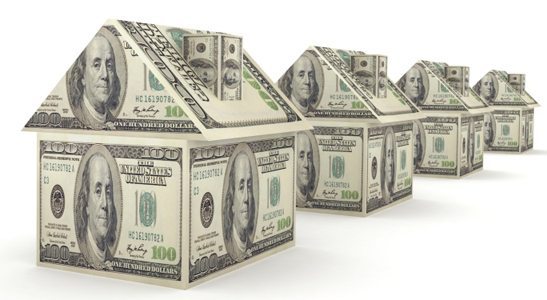Timing is everything.
But when it comes to buying a house, Valley banking leaders says it’s best not to rely too much on timing.
“Potential buyers who are still on the sidelines waiting for housing prices to decline further may see themselves priced out of the market if interest rates rise,” says Carl Streicher, regional sales executive at Bank of America. “Timing the market is risky in that we never really know when the bottom has hit until it has passed us by. Also, buyers should be sure they are ready financially and personally to own a home before they purchase, so timing the market shouldn’t be the sole driver of a home purchase.”
According to Streicher, home affordability is at an all-time high, interest rates are at historic lows and home values are increasing. According to a Case-Shiller report released in December, Phoenix home prices have increased nearly 22 percent, leading the nation and indicating that the real estate market is on the rebound.
“Interest rates are starting to rise and home prices are rising due to greater demand, a relatively low supply of homes for sale and foreclosure sales falling,” says Kevin Sellers, executive vice president with First Fidelity Bank in Arizona. “So, if you’re able to take advantage of the lower current market with still affordable homes and historically low mortgage rates, chances are you’ll be making a good investment.”
Valley bankers are warning potential buyers that if they are waiting for home prices to “hit bottom,” they may miss the chance to be a homeowner altogether; prices may rise before we realize they were at their lowest point; or a rise in interest rate could potentially price buyers (particularly first-time buyers) out of the market.
“Trying to time the market when it comes to the purchase of a home is very difficult in any environment considering the complex market dynamics,” says Robert Winter, Arizona manager of mortgage lending for Mutual of Omaha Bank. “For example, if you try to time the market when it comes to home pricing, you risk missing a low interest rate environment. If you try to time the market when it comes to interest rates, you risk purchasing something you don’t necessarily like and possibly paying more than necessary. This doesn’t even take into consideration the fact that not all transactions close successfully, potentially leading to a loss of the time invested.”
While the real estate market and lending are starting to find their new normal, it depends on where you’re positioned as to whether we are currently experiencing a buyer’s market or seller’s market, Winter says.
“The market advantage differs depending on the price point,” Winter says. “In general, the market favors sellers. However, the advantage shifts to buyers when it comes to higher priced homes.”
If you are in a position to take advantage of the favorable climate in the real estate market, Streicher says to ask yourself a few questions before getting started in the home buying process:
• Are you ready to settle in one location for a while?
• What is the total cost of home ownership?
• Is your job stable?
“Buyers should also research their target neighborhood to establish a baseline for local selling prices and the amount of time properties in their target area stay on the market,” he says. “For those considering an upgrade to a larger home, there are still good options available to purchase higher-end properties using jumbo loans. Bank of America continues its jumbo financing, and offers competitive rates, when many other lenders were forced to discontinue these loans due to a lack of a secondary market.”
While bankers say it’s not wise to try to time the market, they agree that working with a mortgage professional and real estate professional to help meet your real estate goals and objectives is a sure-fire formula for success.
Affordability is great,” says Tim Disbrow, senior vice president, Wells Fargo Home Mortgage. “Rates are incredibly low. It is a great time to buy as long as it meets your financial needs.”




